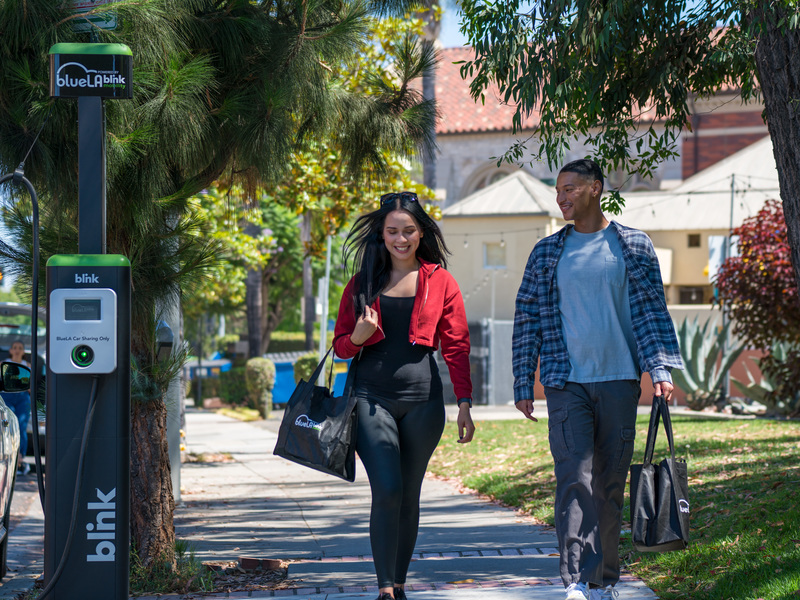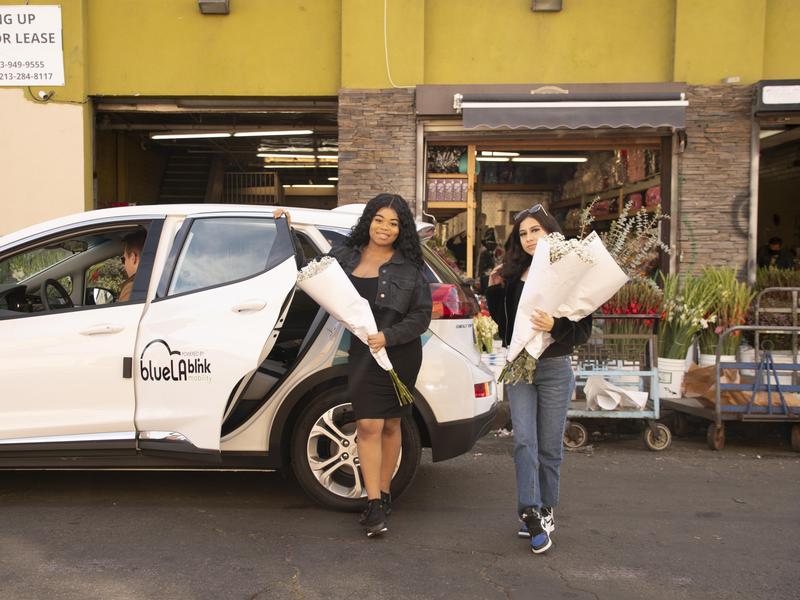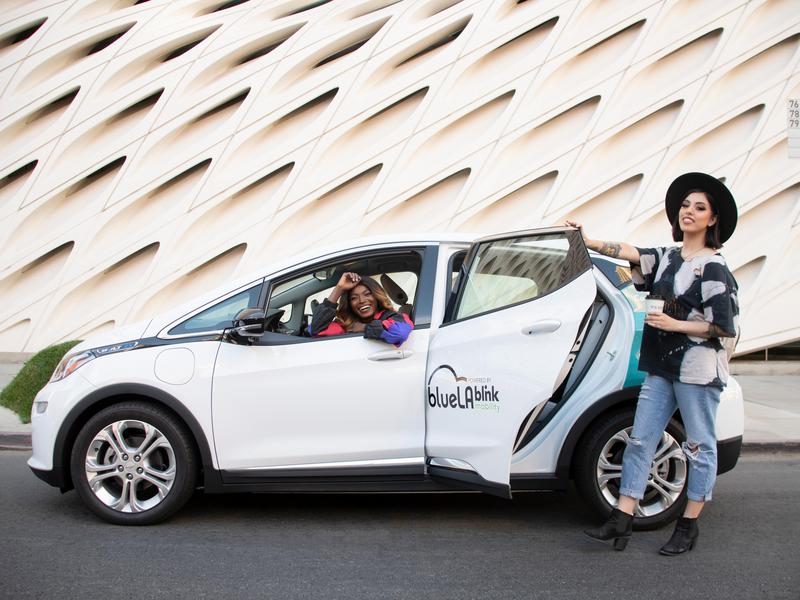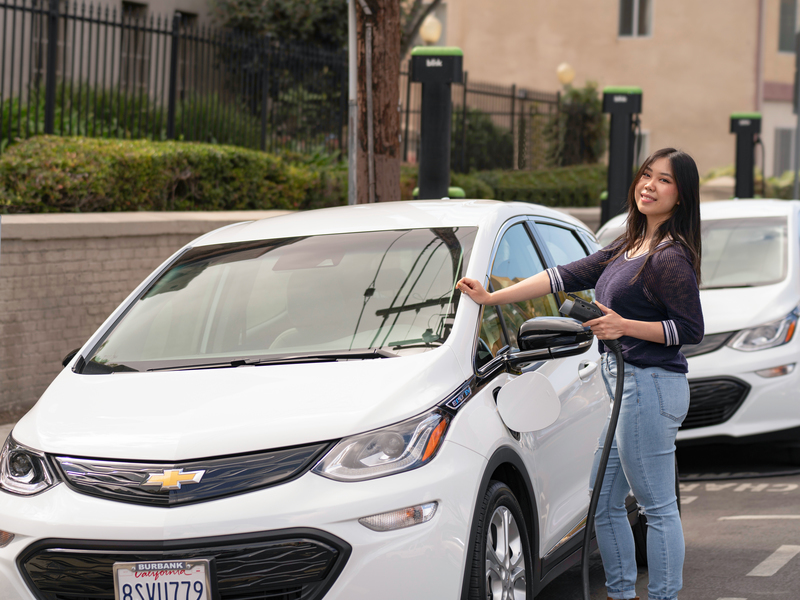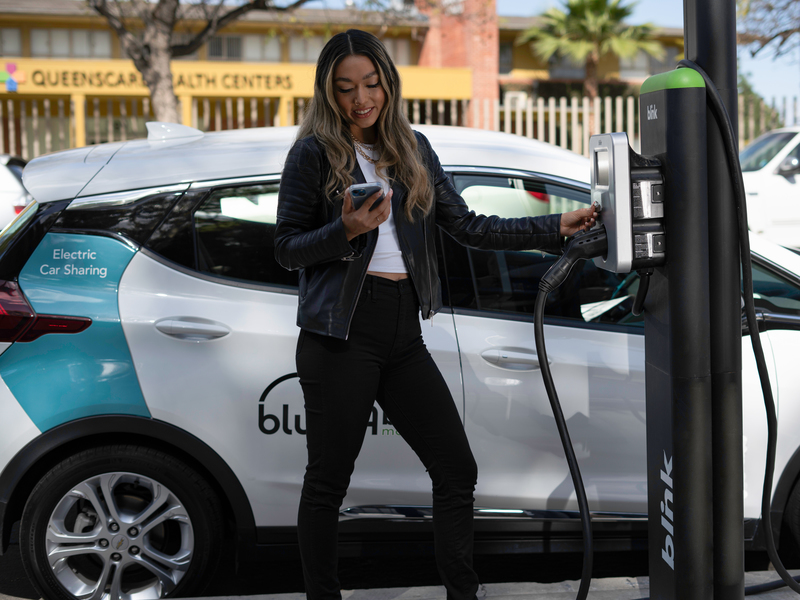While EVs have come far, some questions remain unanswered in places where electric vehicles are rare. One of those questions is whether electric vehicles are safe to drive. Are the batteries safe? Can they be driven in the rain? Do EVs fail in the cold? Got questions about EV safety? We’ve got the answers.
We know EVs are better for the environment than ICEV because they produce no tailpipe emissions, greatly reducing air-born pollutants that cause greenhouse gases and the air pollution that makes us sick. They may be safe for the environment, but are they safe to drive?
Are EVs safe to drive/charge in the rain or through a car-wash?
According to CNBC, “There remains plenty of confusion about what electric vehicles can and can’t do, and not only in the United States.” 42% of British motorists believe an EV cannot be driven through a car wash. So, can an EV be charged and driven in the rain or through a car wash?
Jonathon Ratliff of Marketwatch says, “Absolutely, it’s safe to charge [and drive] in nearly any weather condition,” he says, matter-of-factly. That’s because electric vehicles are purposefully engineered to withstand rain and water intrusion, not to mention pesky dust particles that could wreak havoc on an electric system.”
He goes on to say the average EV has an IP rating of 67 (68 is generally as high as it gets). The IP rating measures how watertight everyday objects are. This rating means every component of the EV, including electrical, can be submerged in up to a meter of water for 30 minutes. Water isn’t a threat to your EV!
Can I get a shock or electrocuted by a charging plug?
Not really. According to Autosavant, all EVs must adhere to “the National Electric Code in the US, virtually all electrical equipment must be certified for electrical safety by an OSHA-accredited Nationally Recognized Testing Laboratory.” Those standards include the “UL Subject 2594 (Outine of Investigation for Electric Vehicle Supply Equipment) and UL 2202 (Electric Vehicle Charging System Equipment).” All Blink chargers meet UL standards and bear the UL label.
Getting a charger to market is a difficult process because of the many layers of safety rules they have to meet. You will not be shocked by an EV charger, even if you charge it in standing water.
Am I in danger if my EV is struck by lightning?
No more danger than if you were in ANY car struck by lightning. Neither EVs nor chargers attract lightning. In an extreme case, a woman was charging her Tesla on a Supercharger when lightning struck a tree nearby, and her car would then not charge or disconnect from the charger. In a short period of time however, the car rebooted itself, began to charge, and there was no damage to the vehicle. And that’s one of the most extreme cases. You are in no special danger from lightning in or during charging of your EV.
Can Lithium-ion batteries cause EVs to explode?
Lithium-ion batteries are some of the most common batteries on the market, used in devices like cell phones and laptops, as well as EVs. Lithium-ion batteries can combust and catch fire, especially in high temperatures, but are far less likely to do so than conventional vehicles that use combustible gasoline. And as we know, with normal, proper use, gas vehicles usually only explode in the movies.
Is it True That EVs Can Only Run in Certain Temperatures?
It’s true that EVs operate best between 50-100-degrees F. Under 50, EVs can experience range loss and could represent a fire risk over 140 degrees F. Thermal runaway, an increase in temperature due to one exothermic process causing another, is possible when under conditions of extreme heat.
85% of Americans stated they would not buy an EV for a northern climate due to rumors of range loss in the cold. However, drivers easily plan for range loss, and newer Teslas take cold into consideration when advising the driver which stops to make and where to re-charge.
EVs are perfectly safe to drive and some cases, potentially safer than gas-powered vehicles.
A safe feature that exists only in EVs? While it’s not specifically a safety feature, regenerative braking can help stop a car faster than standard brakes. As soon as the driver stops using the gas pedal, EVs immediately begin to slow down, a kind of pre-braking feature that could be useful when there is a need to brake fast.
Another potential safety feature is that EVs corner better than ICEV. Because the battery pack, and therefore the weight, is lower on EVs, their risk of flipping over or of the driver losing control around a curve, is lower than that of gas-powered vehicles.
So are EVs safe to drive? Of course! They are at least as safe as driving a vehicle with an internal combustion engine and drivers should not fear being behind the wheel.
Recommend for You
Stay Informed
Join our mailing list for hot news and company updates.


